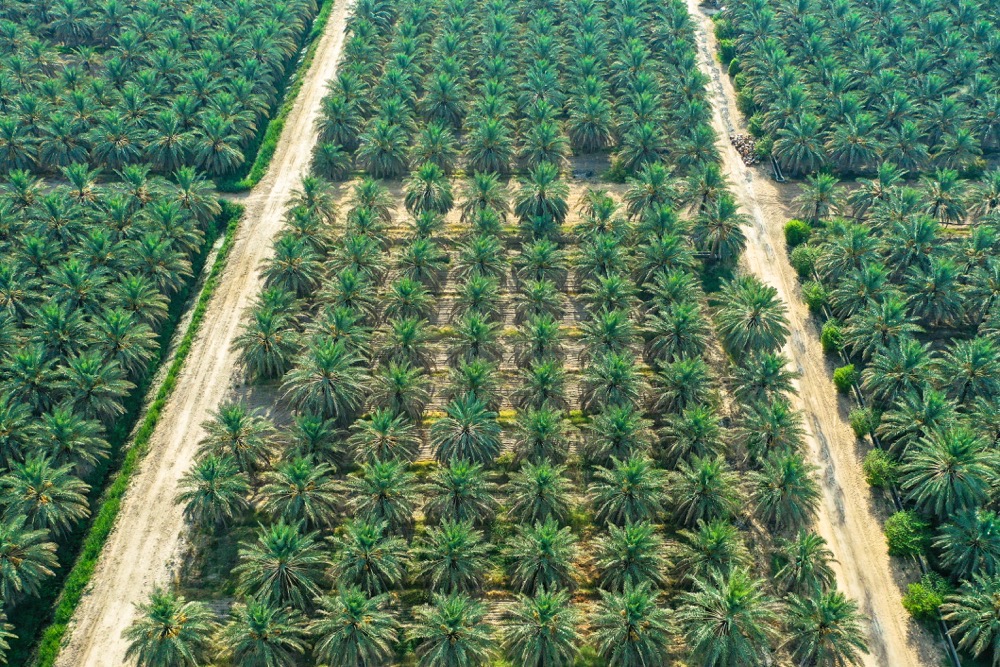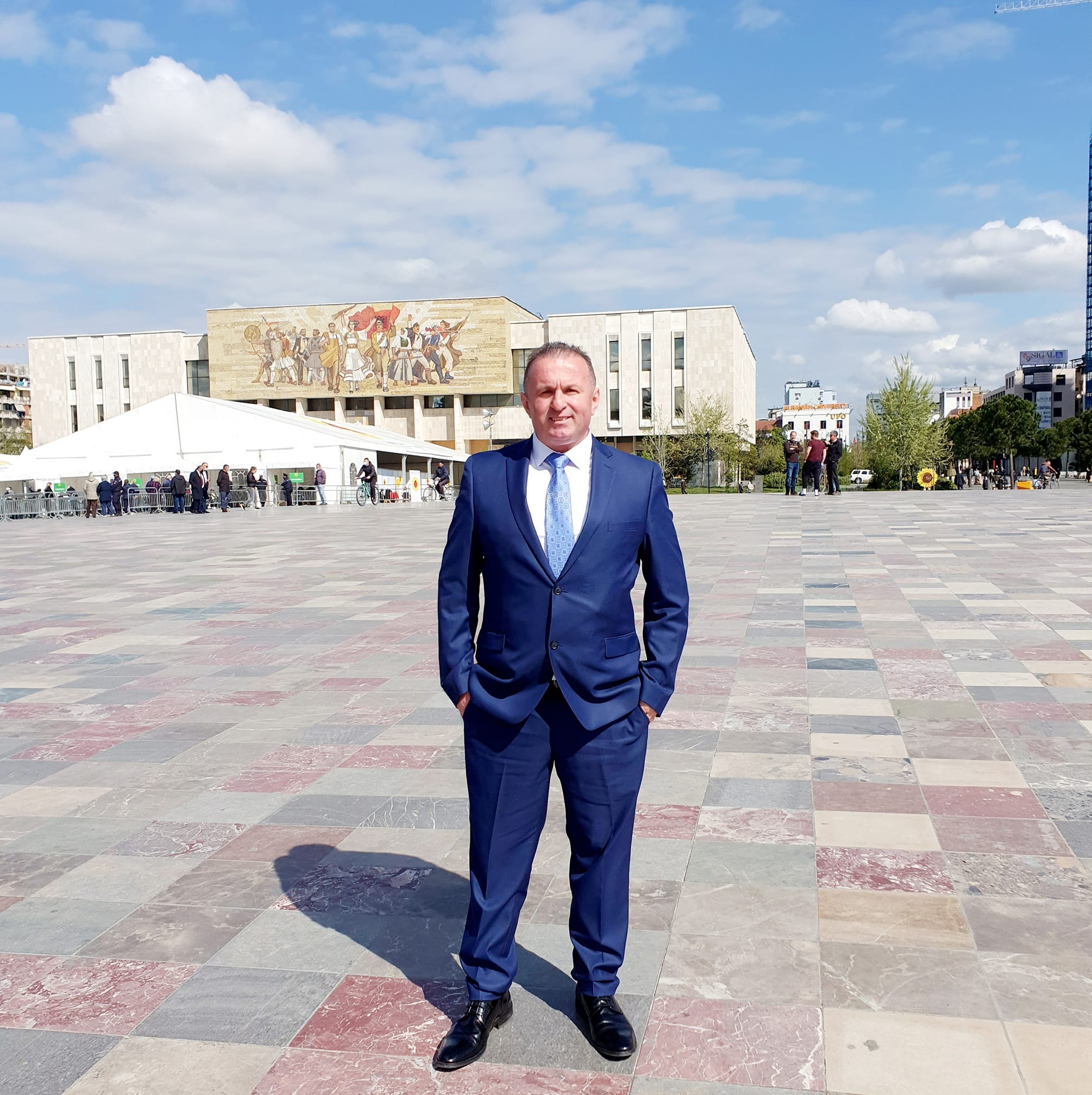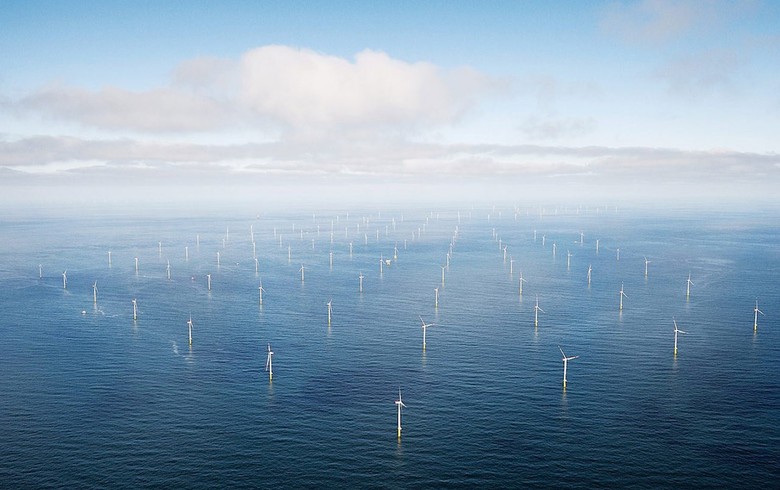Climate change is the biggest health threat facing humanity, threatening the progress in development, global health and poverty reduction made over the past 50 years, according to the World Health Organization Humanity is on thin ice, and that ice is melting fast,” U.N. Secretary-General Antonio Guterres said in a video message. “The climate time bomb is ticking, but today’s IPCC (Intergovernmental Panel on Climate Change) report is a how-to guide to defuse the climate time bomb,” he added.
Achieving a green future is a global imperative. Saudi Arabia aspires to enhance quality of life and safeguard future generations at home and beyond its borders. Working toward this goal, the Kingdom is bringing together government ministries, private sector entities and foreign leaders under dual green initiatives, to identify and deliver on opportunities to rapidly scale climate action.
“We are ushering in a new green era for the region; in which we are collectively leading and reaping its fruits, in our joint belief that the effects of climate change are not limited to the natural environment only, but also to the economy and security of our nations”. MOHAMMED BIN SALMAN said.
Saudi Arabia will spend some $270 billion (1 trillion riyals) on low-carbon energy projects by 2030, energy minister Abdulaziz bin Salman stated, adding the Kingdom will also invest in modernizing its grid.
The National Renewable Energy Program (NREP) is a strategic initiative, launched at the direction of His Majesty the King as part of Vision 2030, which aims to increase the Kingdom’s share of renewable energy production, achieve a balance in the mix of local energy sources, and fulfill the Kingdom’s obligations towards reducing carbon dioxide emissions
Through the program, the Ministry of Energy is working to diversify the national energy mix used in electricity production, increasing the share of natural gas and renewable energy sources to approximately 50% by 2030 while reducing the use of liquid fuel.
Saudi Arabia has pledged to reduce its carbon dioxide equivalent emissions by 278 million tons per year by 2030 in line with the Paris Agreement. This will be achieved through the Circular Carbon Economy (CCE) approach and the development of clean and renewable energy sources for domestic and international use, implementation of energy efficiency programs, afforestation and conscious investments in historically high-emission industries such as manufacturing, mining, tourism, transport and information technology.
Planting 10 billion trees across Saudi Arabia is equivalent to rehabilitating 40 million hectares of degraded land. This whole-of-society effort will help to restore vital ecological functions, improve air quality, reduce sandstorms, and much more.
The Middle East Green Initiative (MGI) is a regional effort led by Saudi Arabia to mitigate the impact of climate change on the region and to collaborate to meet global climate targets. By increasing regional cooperation and creating the infrastructure needed to reduce emissions and protect the environment, MGI can amplify impact in the global fight against climate change, whilst creating far-reaching economic opportunities for the region.
To accelerate the implementation of initiatives to achieve the MGI goals, HRH the Crown Prince announced in November 2022 that Saudi Arabia will establish and host a dedicated MGI Secretariat and will allocate US $2.5 billion to support MGI projects and governance.
The planting of 50 billion trees across the Middle East is the equivalent of restoring 200 million hectares of degraded land. A fifth (10 billion) trees will be planted within Saudi Arabia’s borders, with the remaining 40 billion set to be planted across the region in the coming decades.
Achieving this target will help to generate new employment opportunities and strengthen the resilience of remote communities. The trees will also provide numerous other benefits, including stabilizing soils, protecting against floods and dust storms and helping reduce CO2 emissions by up to 2.5% of global levels.
Discover more from Green Innovation News
Subscribe to get the latest posts sent to your email.





